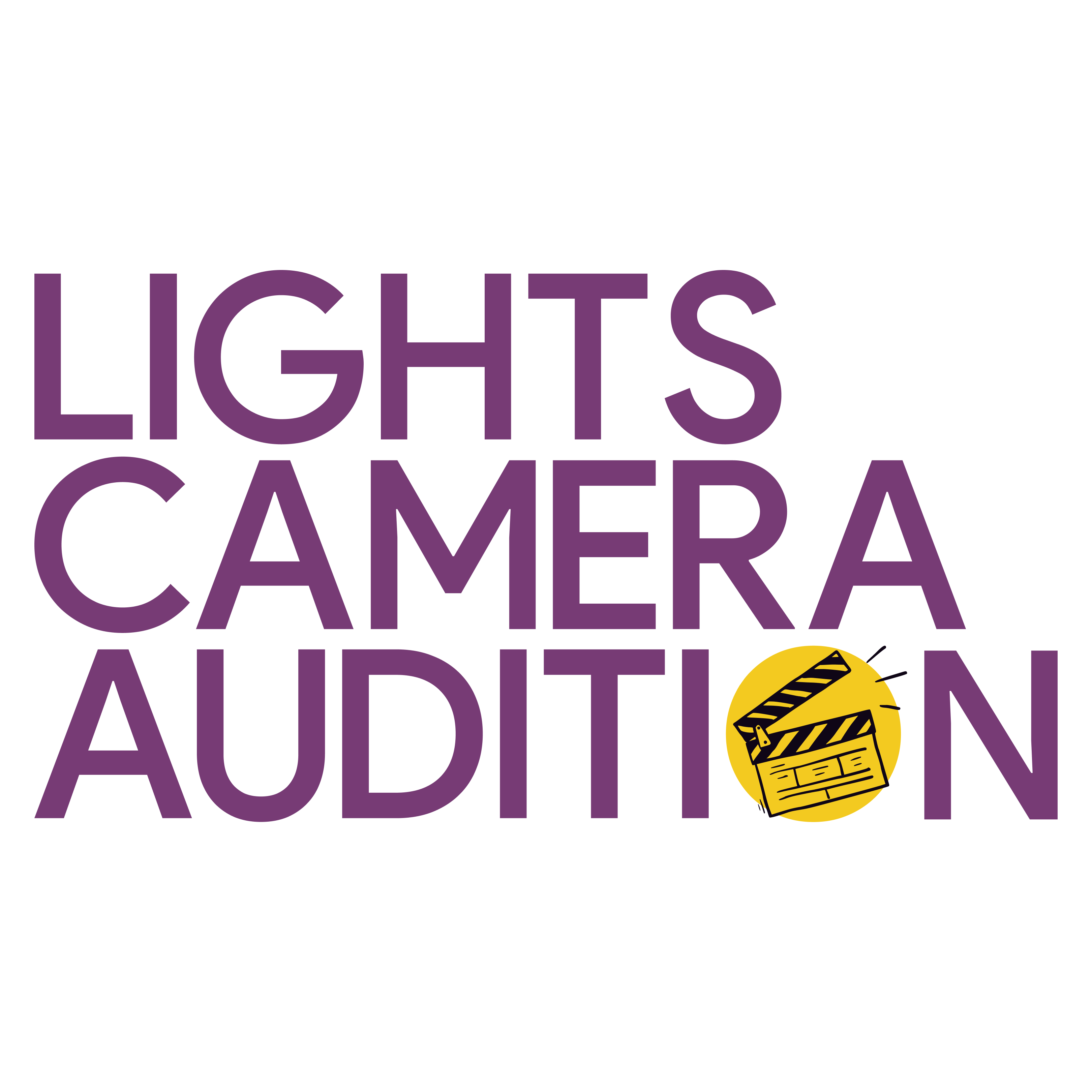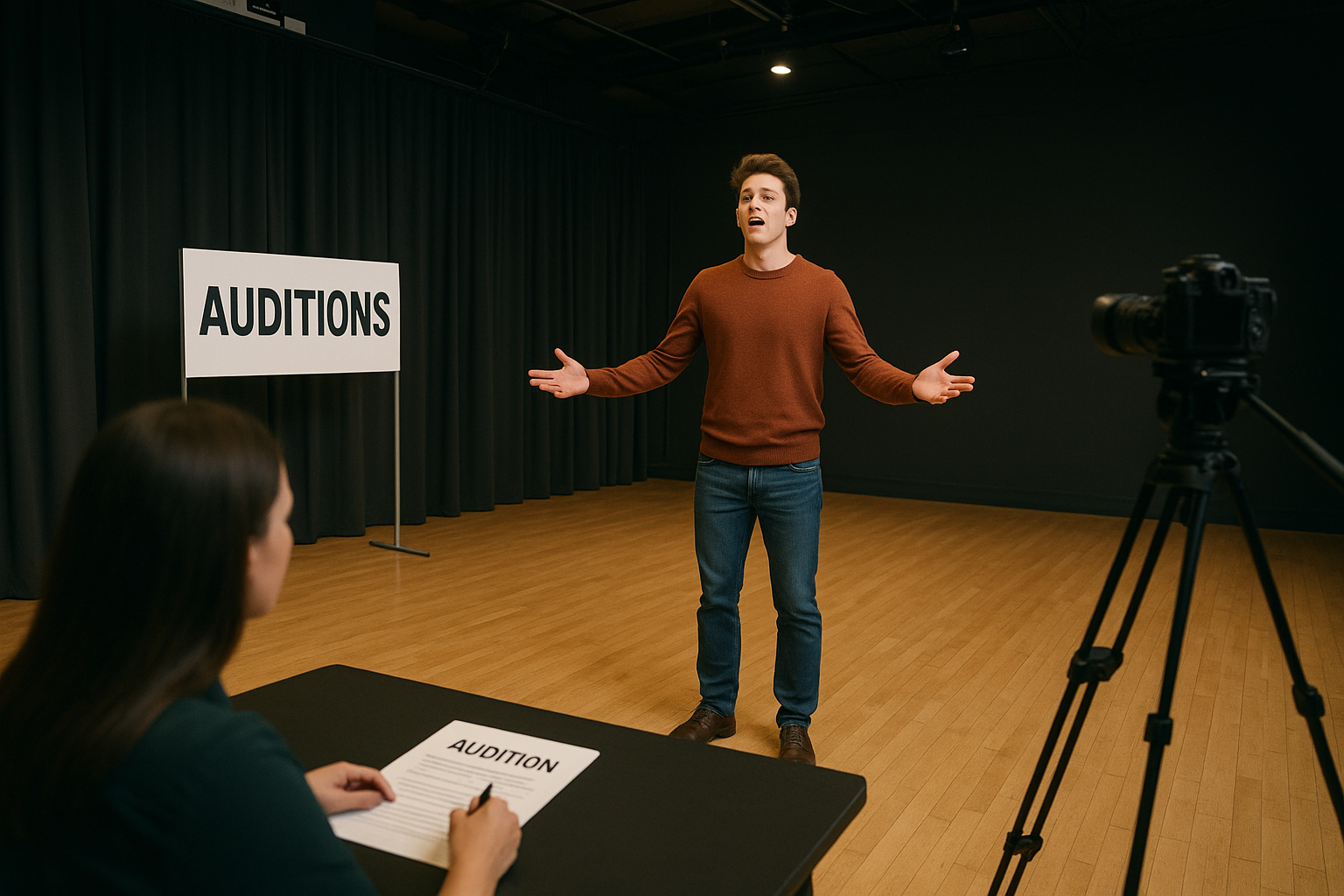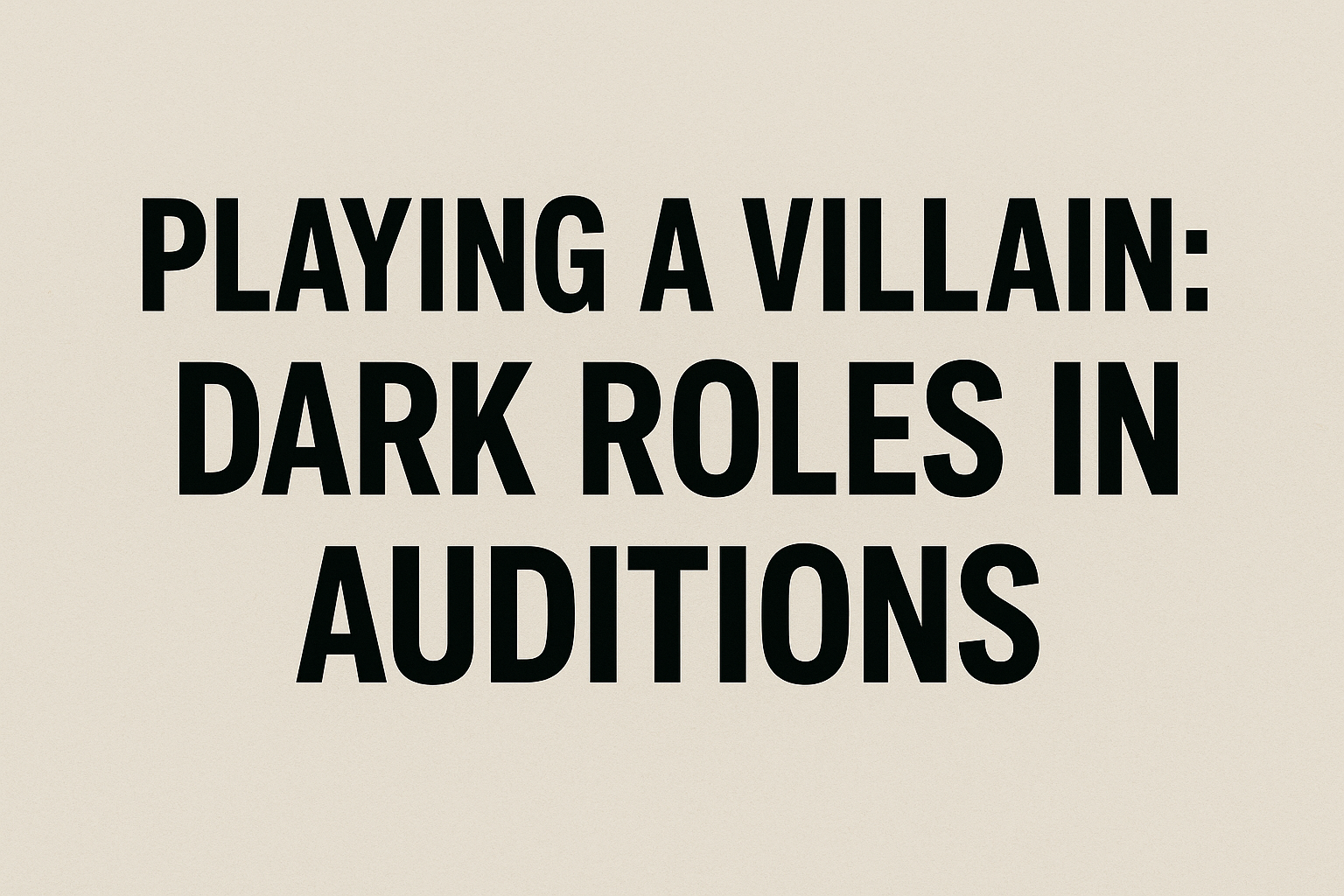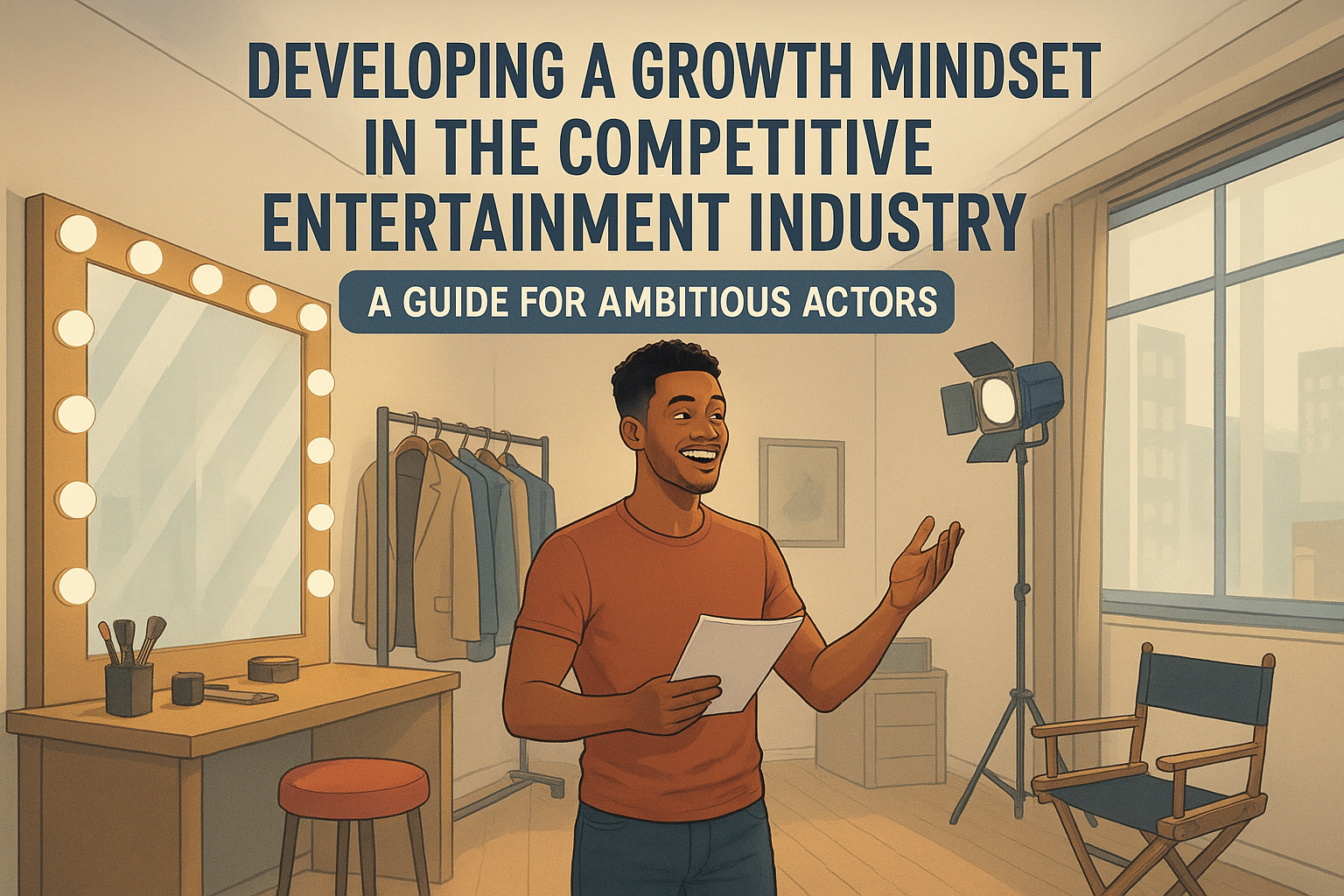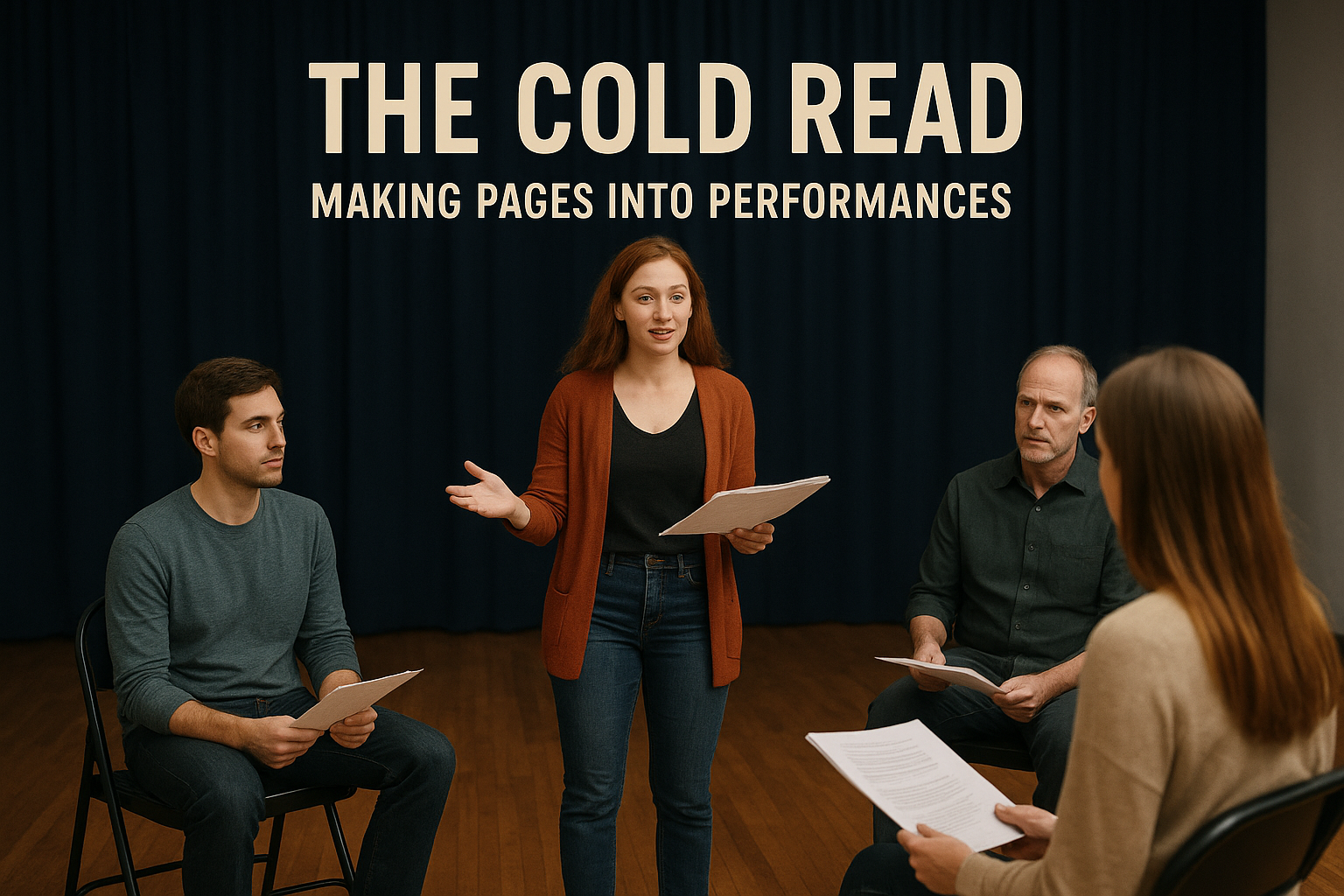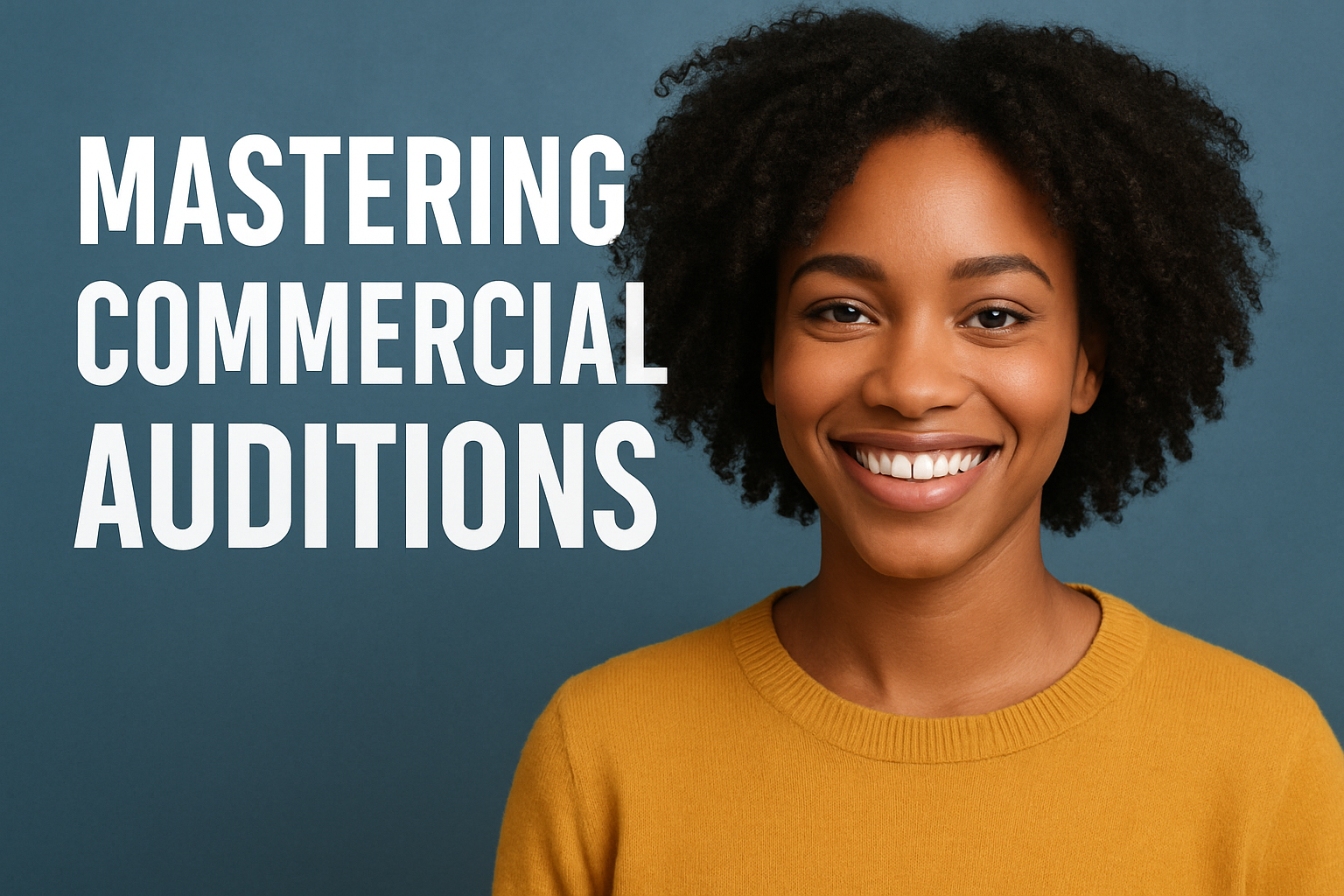
In the world of acting, commercial auditions are often the gateway to steady work, industry exposure, and financial stability. Yet, despite their short scripts and seemingly casual tone, commercial auditions require a very specific skill set. It’s not just about saying lines—it's about capturing a brand’s identity, communicating authenticity in seconds, and making a lasting impression in a short amount of time.
Whether you're a newcomer to the industry or a seasoned actor looking to sharpen your skills, here’s how to master commercial auditions and start booking more work.
1. Understand the Nature of Commercial Acting
Commercials aren't just about selling products—they’re about selling emotions, lifestyles, and trust. Brands want audiences to feel connected, inspired, or reassured. So, while the acting may seem simple on the surface, it requires a grounded and relatable performance.
Think of it this way: You’re not “acting” like someone who loves their morning coffee—you genuinely love that cup of coffee, and the camera just happens to be watching.
The best commercial actors can be expressive and charismatic while still feeling completely natural. That authenticity is key.
2. Research the Brand and Product
Before you walk into the audition (or record your self-tape), take a few minutes to research the company and product. What’s their tone? Who is their audience? Are they quirky and playful like Old Spice, heartfelt like Apple, or family-friendly like Cheerios?
Watch their past commercials to understand their style. This insight will help you align your performance with their brand identity, making you a more appealing choice to the casting team.
3. Slate with Personality
Your slate—typically your name, height, and location—is often your first impression. While it might seem like a technical formality, casting directors pay close attention. It’s their first chance to see you.
Keep it simple, but be friendly and confident. Smile, breathe, and let your natural energy shine through. A warm, grounded slate can set a positive tone for the entire audition.
4. Stay Grounded in Reality
The biggest mistake actors make in commercial auditions is overacting. It’s easy to think that being “bigger” will help you stand out, but most commercials today aim for realism and subtlety.
Focus on having real thoughts and real reactions. Speak to the camera like it’s your best friend. Find an emotional anchor in the script—even if it’s just one line. If the script says, “That’s amazing,” ask yourself why it’s amazing. What's your motivation? What's your relationship to the product?
Real responses beat forced enthusiasm every time.
5. Make Clear, Confident Choices
Even with minimal lines, you have to make strong choices. Think about:
- Who you are in the scene
- Who you're talking to
- What the situation is
This creates a context that brings the performance to life. Don’t be afraid to inject your personality, but make sure your choices support the tone of the brand.
And if the script includes physical actions—pouring coffee, picking up a phone, reacting to a surprise—rehearse them until they feel second nature. Your comfort in movement will translate to confidence on camera.
6. Master the Self-Tape
In today’s casting world, self-tapes are often the first step. That means your setup matters:
- Lighting: Natural light or a softbox helps your face look clear and inviting.
- Framing: Follow casting directions—usually medium close-up or full body.
- Sound: Use a quiet space with a good mic or phone audio.
- Background: Neutral and non-distracting.
Always label your file as instructed and double-check your submission requirements. Professionalism in the details shows you're reliable.
7. Be Directable
In callbacks, casting directors may ask for different versions of your read. This is a test—not just of your range, but of your flexibility and professionalism.
Take direction graciously and adapt quickly. Even subtle shifts like adjusting your tone from “excited” to “sincerely happy” can make a big difference.
Directability shows you can work on set without slowing down production, and it’s a trait directors love.
8. Look the Part (Without Overdoing It)
You don’t need to show up in full costume, but your look should suggest the character. Auditioning for a teacher role? Wear something polished and professional. Playing a relaxed parent? Think casual, clean, and approachable.
Avoid logos, bold patterns, or anything that distracts. Keep the focus on your face, your expressions, and your connection with the camera.
9. Confidence Over Perfection
You might flub a word or blink too long. That’s okay. Casting directors aren’t always looking for “perfect” takes—they’re looking for connection and confidence.
Don’t let small mistakes throw you off. Keep going, stay present, and trust that what you’re bringing to the table is enough.
10. Let It Go
Once you’ve submitted your audition or left the room, release it. You might be perfect, but they need someone taller. Or they cast the role based on chemistry with another actor. It’s not always personal.
Treat every audition as a learning experience. The more relaxed and prepared you become, the more likely you are to book—and to enjoy the process along the way.
Mastering commercial auditions is about blending preparation with presence. It's about showing up as your most authentic self, understanding what the brand needs, and delivering it in a way that feels effortless.
The commercial industry rewards consistency, confidence, and connection. With practice, awareness, and the right mindset, you’ll not only audition better—you’ll book more often.
So the next time you get a commercial script—even if it’s just one line—approach it with intention, energy, and joy. Because every audition is a chance to grow, to connect, and yes—to book the job.
Acting may be an art, but in the world of professional performance, it begins long before the cameras roll or the stage lights shine. It begins with the audition — the often nerve-wracking, unpredictable process that determines whether an actor even gets the chance to perform. For aspiring actors, understanding the relationship between auditioning and acting is not just important — it's essential. One feeds into the other, and together, they shape an actor’s growth, resilience, and ultimate success.
When it comes to acting, playing a villain is considered a challenge and a golden chance. Villains are multilayered, multi-dimensional, and probably the most remembered characters in a narrative. Be it old Bollywood films such as Gabbar Singh from Sholay or OTT villains such as Guruji from Sacred Games, dark roles determine an actor's fate. But auditioning for a villain is an altogether different. It needs a firm grasp of psychology, body language, and emotional regulation. If you're a newbie or a seasoned actor wanting to master your craft, this blog will walk you through all that you need to know on how to audition for villainous roles.
In the high-stakes, emotionally demanding world of acting, rejection is frequent, uncertainty is constant, and comparison can feel unavoidable. The entertainment industry is as competitive as it gets—and in such an environment, your mindset can make or break your journey. While talent, networking, and luck all play their part, there's one internal tool that can drastically shift your trajectory: a growth mindset.
There is a moment every actor fears: the casting director places a script in your hands you've never laid eyes on before and says, "Take a minute, and when you're ready, we'll begin. Welcome to the cold read — perhaps the most unpredictable, yet vital portion of an actor's career. Whether you're auditioning for theater, television, or voiceover, cold reading is the skill that can break or make your chance at a role. But the good news is this: like every other craft, it can be practiced, honed, and eventually mastered. In this post, we will analyze what cold reading actually is, why it's important, and how you can transform a cold script into a warm, breathing performance.
Lights Camera Audition!
Don't miss out on the latest updates, audition calls, and exclusive tips to elevate your talent. Subscribe to our newsletter and stay inspired on your journey to success!
